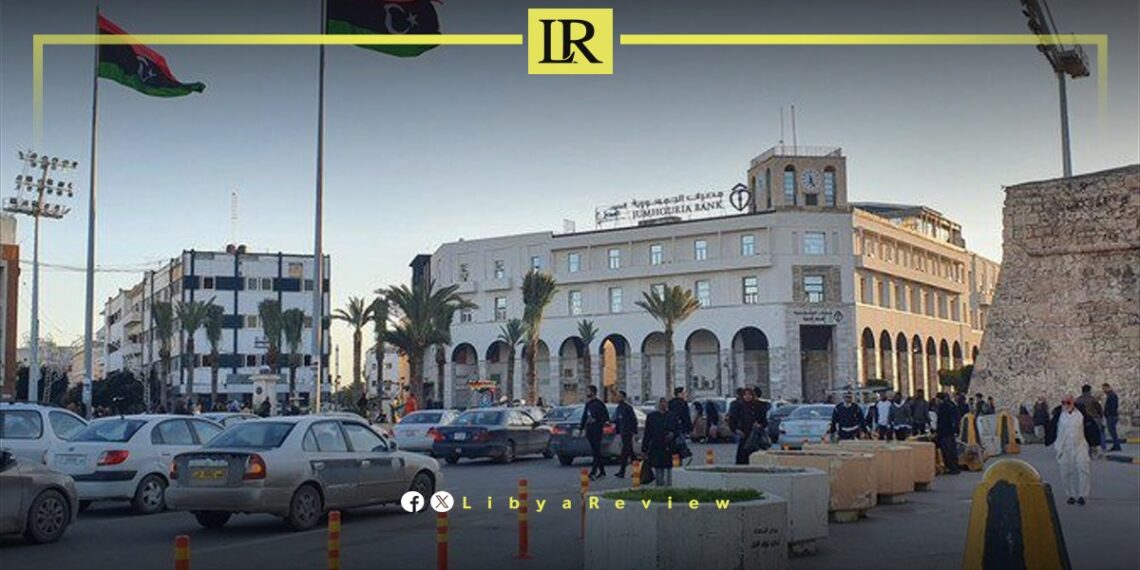In the latest World Happiness report, sponsored by the United Nations, Libya has been ranked fifth among Arab nations and 66th globally, showcasing notable progress in the country’s quality of life and societal well-being.
This report, which evaluates 143 countries, bases its rankings on factors like GDP per capita, healthy life expectancy, and citizens’ perceptions of social support, freedom, corruption, and generosity.
Participants in the survey were asked to rate their experiences on a scale of 1 to 10, addressing various aspects of societal and personal well-being. This year’s report also introduced an innovative approach by offering age-specific happiness rankings, highlighting how happiness levels can vary across different age groups internationally.
Finland claimed the top position worldwide, continuing its streak as the happiest country, followed closely by other Nordic nations and Switzerland. At the opposite end of the spectrum, countries like Afghanistan, Lebanon, and Lesotho ranked lowest, indicating significant challenges in those regions.
In the Arab context, Libya’s ranking is particularly noteworthy. Positioned fifth, it follows leading Arab nations such as Kuwait, the UAE, Saudi Arabia, and Bahrain in the happiness index. This ranking is a reflection of Libya’s ongoing recovery and stabilization efforts after years of conflict and upheaval, illustrating improvements in public services, economic conditions, and overall societal stability.
The World Happiness Report, first launched in 2012 by the Sustainable Development Solutions Network of the United Nations, serves as an annual benchmark of global well-being. It aims to provide a comprehensive picture of how different countries fare in terms of the happiness and contentment of their populations.
Libya’s performance in this year’s happiness index suggests a positive trajectory in the nation’s recovery process, emphasizing the improvements in living standards and societal conditions.
This progress is a sign of hope and potential for further advancements in Libya’s journey towards sustained peace and prosperity.


